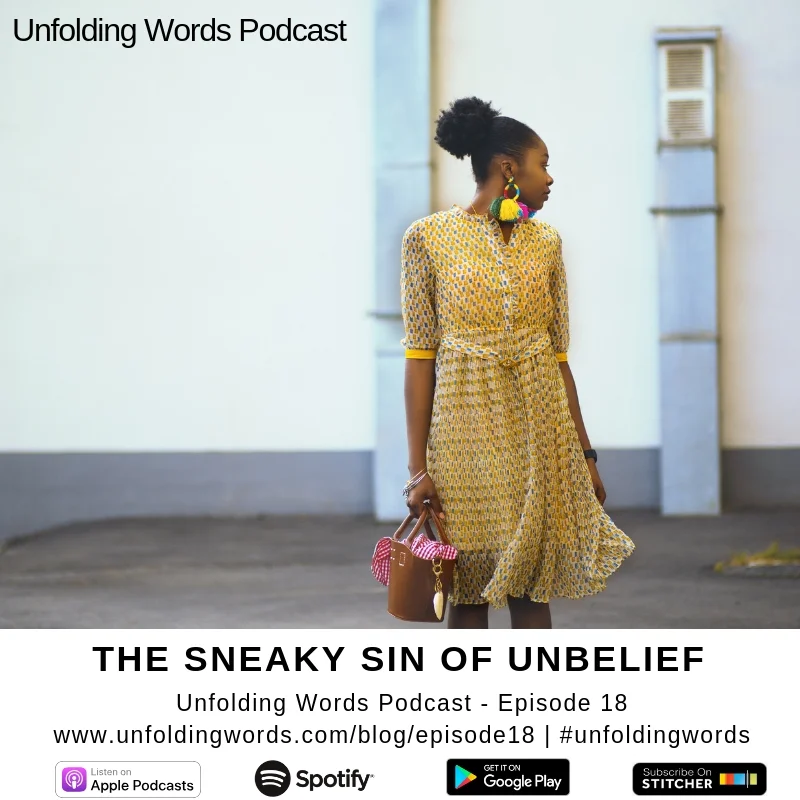We call Abraham the father of faith. But when you look at Genesis 12 and on, His journey really began as a disaster. Romanticize The initial launch of Abraham's journey into the Promised Land was not promising. There was fierce competition for the land (Gen. 12:6), and Abraham spent a long time trying to find a place to occupy (Gen. 12:8-9). Rocky economic conditions forced him take his family to Egypt, hundreds of miles away from the land of God's promise (Gen. 12:10). Talk about a road trip gone bad.
Many people of his stature probably would have headed back. When Abraham left his home in Haran and set out for the land of Canaan, his family was probably already quite large. We know that his wife Sarah and his nephew Lot came with him, but so did an unspecified number of people and possessions (Gen. 12:5). Soon Abraham would become very wealthy, having acquired servants and livestock as well as silver and gold (Gen. 12:16; 13:2). He received people and animals from Pharaoh during his stay in Egypt, (outside of the land of promise) and the precious metals would have been the result of commercial transactions, indicating the Lord as the ultimate one to grant blessing.
When you look at the promise, the problems are clear. God called Abram to a land that was:
1. Inhabited
2. Famine struck
3. Unable to support he and Lot
4. War torn.
After God makes the promise in Gen. 12, Abram trusts and obeys God and moves to Canaan, and he travels the length and breadth of the land, building altars and establishing the worship of God in Canaan. In doing so, Abram is stretched in so many ways—he’s acting as a priest with the establishment of altars. In Gen. 14, Abram rescues Lot from a confederation of kings in battle and then interacts with two kings after his victory. In doing so, Abram establishes himself as a royal figure himself. This is a new role for him. So Abram is a priest, establishing worship in the land, and Abram is a king, defending the land from rival rulers.
One of the big problems with the land is that Abram doesn’t own it yet. God says he will be a nation, but nations exist because of the territory they occupy and own. And so when God says that Abram will possess it, Abram understandably asks, “How will I know this?”
In Gen. 12, there was a famine in the land that forced Abram to go to Egypt. In Gen. 13, the land was too weak to support both Abram and Lot together. He goes from famine to war in the span of one chapter. And in Gen. 14, the land was the site of a major war between rival alliances. Famine, weakness, and war. This land has problems. And Abram doesn’t own anything in it.
In fact, the only land he ever truly owned was Sarah's burial plot—certainly not all the land he could see! For him to receive this promise, and for him to receive it “forever,” means that he and his descendants will live forever. The promise takes on a new dimension.
Clearly, God's promise of the land to Abraham goes far beyond physical inheritance—it is an eternal inheritance, bestowed on those who have become his spiritual descendants through receiving the faith of Abraham. But that still doesn’t negate the problems Abraham has to face as he walks this promise out.
1. The land is inhabited by the Canaanites.
The land was inhabited by the “Canaanites,” who were comprised of several different groups, one of which was “the Canaanites.” “Amorites”, “Hittites” and many others are also mentioned, but there does not seem to be much consistency in the use of the various groups. The Israelites, when they were led to the Promised Land, were commanded utterly to destroy the descendants of Canaan then possessing it. Later we will see Abraham ask his servant to find a wife for his son Isaac outside of the this promised land—away from the Canaanite people he lives among.
2. Famine struck: This drove Abraham down to Egypt. This land that will later be described as one flowing with milk and honey has resources to sustain Abraham. God called Abraham to a place that was dependent on rainfall for crops and livestock to be sustained.
3. Unable to support He and Lot (though no problem for the natives): The land caused a separation between family members. And there was a strife between the herdmen of Abram’s cattle and the herdmen of Lot’s cattle: and the Canaanite and the Perizzite dwelled then in the land.
4. War: Soon after Lot got settled in Sodom, a war broke out between the kingdoms of Sodom and Gomorrah and some of the other local kingdoms. The Sodomites were defeated and Lot was taken prisoner. Abraham mustered 318 of his men and together they overcame the four kings, pursued them northward, and freed Lot along with the five kings and all their possessions.
Even is all this, Abraham did not forsake God or walk away from His promise—which mainly looked like a problem from the get-go.
God’s blessing often operates opposite to how we would expect. It is given to the most unlikely recipients and it advances though human opposition is strong. You will have to do the same with presented with a promised land from God. You will have to drive out. Your promise may not look like it belongs to you. Maybe it’s too big. Maybe it’s too far. But you will have to go in and establish worship where there is no worship established.
When it looks like God’s place of promise won’t sustain you, you have to trust that God always provides—no matter what it looks like. Perhaps your place of promise will cause a separation. You will have to leave a comfortable place—a place you’d put down roots, formed a community. Take authority over that which is fighting against us.
God has a Promised Land for you today. I am confident that there is something He wants to do in your business, your home, your marriage…something special that He wants to do FOR YOU. But first you must focus on the sovereign, perfect will of God the Father. God’s promise doesn’t always look or feel peaceful or even look promising for the matter. But we don’t walk by sight—we walk by faith, trusting that God always makes things work out for our good.
How to Listen to The Podcast
If you’re not familiar with podcasts, imagine them as radio shows you can listen to at your convenience. You can listen on your phone or tablet while you drive, workout, or during chores--the possibilities are endless!
1. Listen here on the blog. Click the little play button at the top of this post and enjoy.
2. Listen on Apple Podcasts, Stitcher, Spotify, Google Play. Please click subscribe so you don’t miss an episode. Also, I'd love it you'd leave a rating on iTunes and/or Stitcher. Your review helps other listeners find the podcast.
3. Share today’s episode. Email or text the link to a friend or share on social media: click the share button below.









